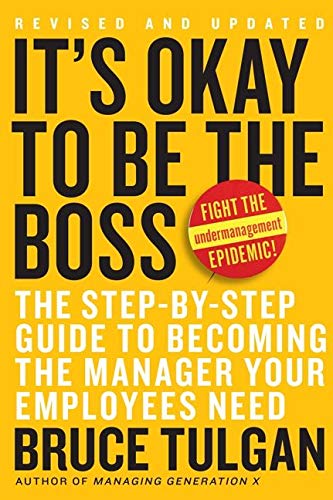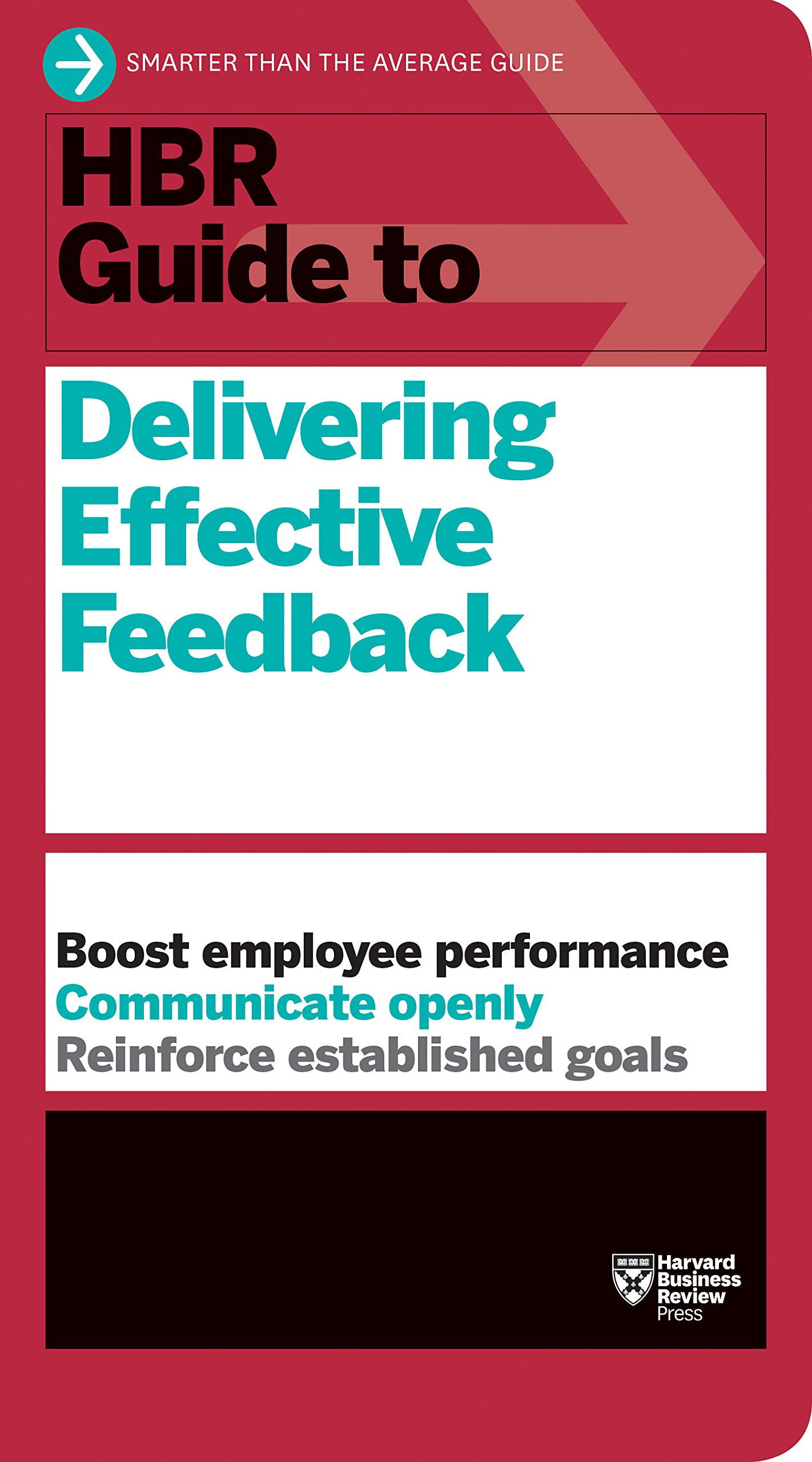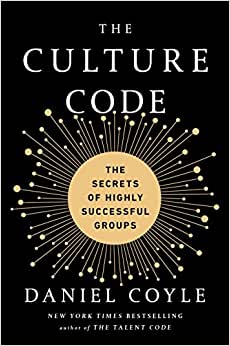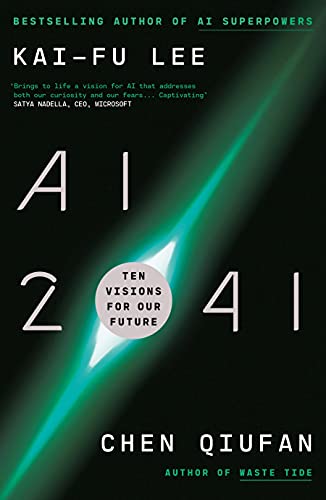
Being a good procurement leader goes well beyond the technical knowledge required by the area. Behavioral skills are more and more demanded for this position.
For this reason, procurement leaders must know themselves and be an example to their teams. In this scenario, one of the most important skills for such professionals is self-knowledge.
Being aware of oneself contributes to a more assertive management, a more motivated team and, consequently, better results.
However, reaching this self-knowledge isn’t an easy task. In addition to strengths, leaders must be also aware of their weaknesses.
See below 7 behavioral skills that are required to be a good procurement leader, including suggestions of books for each one of them:
1. Don’t be afraid to ask for help
A good procurement leader isn’t afraid to ask for help when needed. No matter your experience level, you must be aware that not knowing something doesn’t mean ignorance or lack of enough knowledge to occupy a leadership position.
One of the most effective ways to evolve professionally is asking people, both from your team and co-workers, what they think about you. This will tell them that you are willing to tap into your improvement possibilities, in order to improve them further.
It’s obvious that asking for help is also a way to demonstrate confidence in your team’s work, and have more chances to win people’s engagement.
Reading tip
 |
It’s okay to be the boss – Bruce Tulgan (Harper Business)
In this book, which uses real cases, you will learn the key myths and difficulties faced by managers to lead their teams to success. Bruce Tulgan, one of the world’s leading experts on the subject, will help you to acquire the habit of managing people every single day, and solving small performance issues before they get worse. |
2. Invest in knowledge
The search for constant learning in the procurement area is crucial to make innovation easier, mainly because innovating is one of the key sources of any competitive edge.
Besides being aware of market trends and knowing procurement methodologies, such as strategic sourcing, the procurement leader must also be a facilitator of collaborative learning.
This means not only the creation of a proper environment to share their learnings, but also recognizing the importance of imparting people’s knowledge to the whole team.
3. Provide feedback
Offering feedback on activities carried out by your team contributes to the development of each professional, including your own. This is one of the best strategies to assure that tasks will stay in line with the production pace.
With the migration of activities to home office (a work model that will probably persist in the future), and the need to lead teams remotely, the procurement leader must assure that the feedback culture will be preserved in remote meetings.
Everyone will benefit from it: the company, the leader and all employees. An assertive and empathetic feedback is key to bring people closer to their goals and drive their development.
Reading tip
 |
HBR guide to delivering effective feedback (Harvard Business Review)
To help people achieve their goals and their full potential, you must provide feedback on a regular basis. But the stress of talking about sensitive issues can be overwhelming. This book provides practical advice to turn any conversation about performance – from weekly updates to annual appraisals – into an opportunity for growth and development. |
4. Recognize your team’s professional merits
The key management tool of a procurement leader is knowing how to recognize both his/her potential and that of his/her employees. As this increases the chances of professional satisfaction, people will be properly motivated to generate more results.
“Employees must be seen as partners of their organizations. They are providers of knowledge, skills, competences and, above all, intelligence – the most important contribution to organizations”.
This phrase, coined by Idalberto Chiavenato, famous Brazilian author of management books, reinforces the importance of recognizing the value of employees for businesses and leaders.
Reading tip
 |
The Culture Code: The Secrets of Highly Successful Groups – Daniel Coyle (Author’s Edition)
Based on recent scientific research, Daniel Coyle identifies three key skills that can create cohesion and cooperation, and explains how heterogeneous groups can learn to operate as a single mind. No matter the size of your group, this book will teach you the principles of cultural chemistry that can turn individuals into teams capable of incredible achievement. |
5. Engage your team
Engaged employees means having a positive experience in the company’s daily activities. For such purpose, having a pleasant work environment is crucial, as it decreases resistance from people, who then tend to show better production.
Therefore, the procurement leader must be clear about the paths required to have a successful team, and how each employee can contribute to this success. When they know that their performance is vital to achieve goals, the employees will be prone to feel more motivated.
Additionally, engaged people in your team can provide more accurate results and increase the company’s capability for innovation and creativity.
Reading tip
 |
Drive: The Surprising Truth about What Motivates Us – Daniel H. Pink (Canongate)
Based on decades of scientific research, the author exposes in this book the mismatch between motivation science and corporate practices, and explains how it affects every aspect of our lives. By analyzing the three elements of true motivation – self-reliance, excellence and purpose – the book brings clever and surprising techniques to put such principles in practice. |
6. Don’t be afraid of technology
Technology is key to the success of many businesses – mixed with other aspects, of course, such as sustainability. For this reason, the procurement leader must envisage digital solutions as an opportunity – not as a threat.
The use of technological resources is now vital to optimize the work of procurement teams, even more in the context of uncertain scenarios. Many companies take advantage of times of great change to break down barriers and transform their businesses.
In an increasingly competitive scenario, buyers must be released from their operational routine, and act with strategy and intelligence.
Dica de leitura
 |
2041: How artificial intelligence will change your life in the coming decades
This book demonstrates what the world can become two decades from now, in a text dedicated not only to readers who are interested in technology, but also to all those who wish to have a glimpse of what to expect in the coming years. Themes range from driverless cars and robots that will do all the tedious work, to new ways of educating and caring for those who are about to leave us. |
7. Know the different generations
The diversity of generations is extremely rich for the corporate environment, because it provides an exchange of experiences and access to different viewpoints.
To achieve better results, the proximity between different generations must take into account not only age, but also different types of knowledge, identity and lifestyle.
Shall we recall each one of them? Baby Boomers were born after World War II, between 1946 and 1964. Generation X comprises those born between 1960 and 1980.
Generation Y, on the other hand, covers the period between 1980 and 1993 – the time of the first technological developments. And those born between 1990 and 1995 belong to Generation Z – they are the digital natives. The last one, Generation Alpha, starts at 2010 – it’s composed by children who don’t know the analogue world at all.
8. Know how to make decisions
Business decisions are becoming more and more complex in these days. Making a decision can mean both success and failure. In the procurement area, this task still bears much weight, as the choices are linked to costs and corporate savings.
Self-knowledge provides confidence – a necessary quality to lead and seek answers. With this in hand, procurement leaders begin also to realize if they are truly ready to achieve results and, often, find proposals on how to improve such results.
In this sense, it’s important to consider ideas, suggestions and participation from teams in the decision-making process, particularly when direct impacts can occur on the activities performed by them.
Reading tip
 |
Thinking, Fast and Slow – Daniel Kahneman (Farrar, Straus and Giroux)
In his book, the author takes us on a journey through the human mind and explains the two ways of thinking: one is fast, intuitive and emotional; the other, slower, deliberative and logical. Kahneman reveals when we can and can’t trust our intuition and offers practical insights into making decisions, both in professional and personal life. |
9. Use your creativity
Creativity importance is raising within organizations, and successful leaders are often considered creative and disruptive people. The creative potential of a leader is key for positive transformations, as it’s linked to innovation capability.
Most of time, however, leaders aren’t alone. The creativity of a procurement leader and a company is driven by collective actions. Therefore, having different people on the team, with different expertise levels, is very beneficial for innovation and competitiveness.
Reading tip
 |
This is not a book – Keri Smith (Penguin) In his book, the author surprises readers with countless unusual situations that will make them question what a book actually is.In it, cultivating ideas, transforming pages, traveling in time and challenging oneself are invitations to interact and interfere with the content, in the most varied and unlikely ways, through a creative adventure that stirs curiosity and messes up the paradigms of what books are and what the books we read are meant for. |
10. Listen to what people have to say
Active listening is one of the most important skills for a procurement leader. Knowing how to listen is vital to the process of learning and professional growth.
The concept of active listening involves listening carefully to what people have to say, in an attempt to understand what is being said as much as possible – taking body language into account during a conversation, and being able to create empathy.
Leaders who are able to listen are more willing to update their way of thinking and acting, and also to innovate, know people better and, of course, improve their relationships.
We’ve seen above some procurement leadership skills that go well beyond technical knowledge.
Has this content been useful to you? You can share it through your social networks: just press the buttons at the top of this article.
See you next time!


 Português do Brasil
Português do Brasil Español
Español Português
Português
